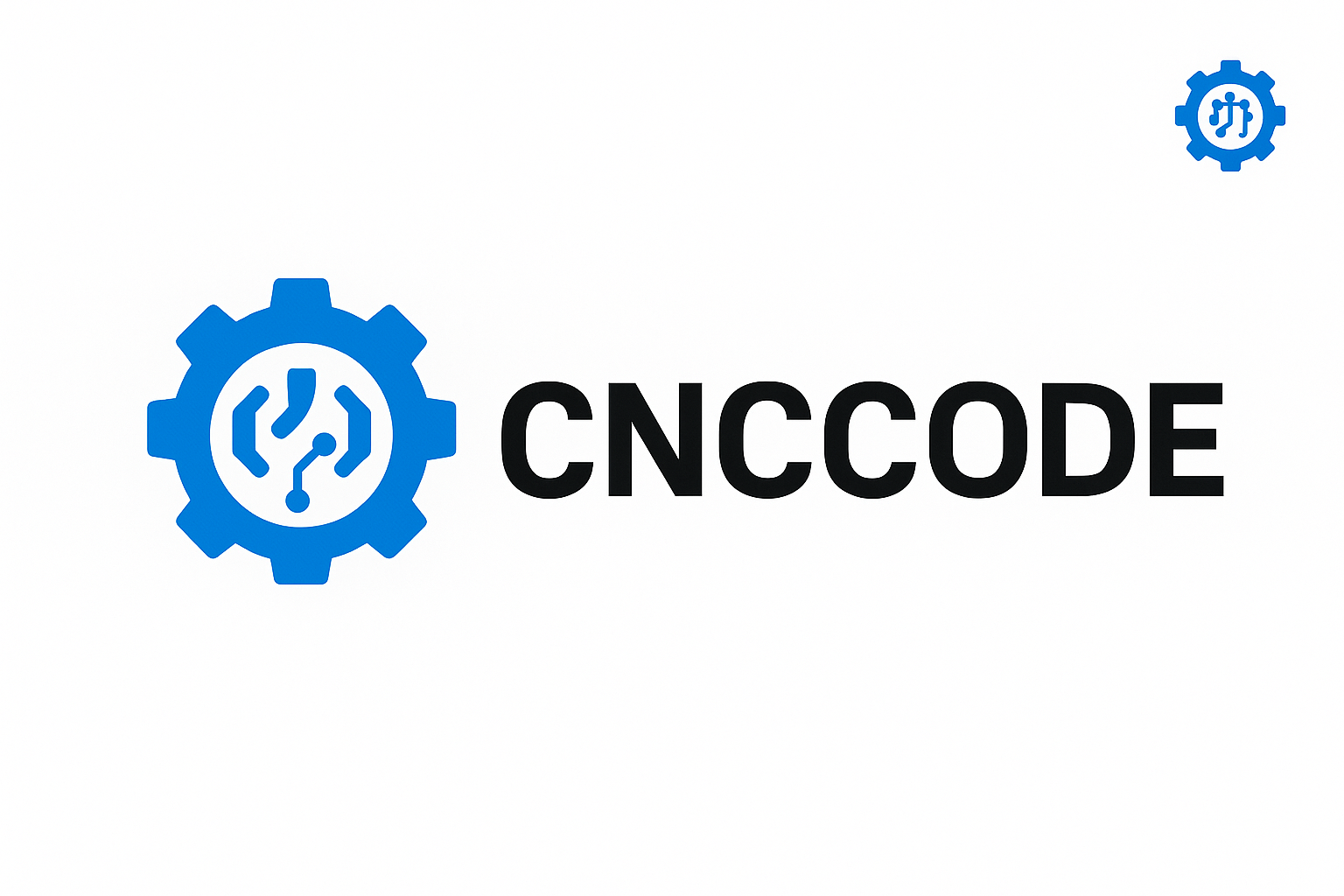🔍 Introduction
Whether you’re a hobbyist entering the world of CNC machining or a seasoned manufacturer looking to expand production capabilities, choosing the right CNC machine is a critical investment decision. The wrong choice could cost you thousands in downtime, poor performance, and limited capability.
In this complete buyer’s guide, we’ll cover everything you need to consider before buying a CNC machine — from machine types and axes to control systems, materials, precision, tooling, and budget planning.
📚 Table of Contents
- Types of CNC Machines
- Key Considerations Before Buying
- Technical Specifications You MUST Know
- Popular CNC Brands
- CNC Software Compatibility
- Maintenance and Support
- Budgeting: Hidden Costs to Watch
- Used vs. New Machines
- Pro Tips Before Purchase
- Final Checklist
1️⃣ Types of CNC Machines
- CNC Milling Machines: Most common. Versatile. Suitable for a variety of materials and part types.
- CNC Lathes: Ideal for cylindrical parts. High-speed turning and threading.
- CNC Routers: Great for soft materials like wood, foam, plastic. Popular in sign-making and woodworking.
- CNC Plasma Cutters: Cuts metal using plasma torch. Best for sheet metal applications.
- CNC Laser Cutters: High precision, low tool wear. Ideal for intricate designs.
- CNC EDM (Electrical Discharge Machining): Used for very hard materials and detailed molds.
2️⃣ Key Considerations Before Buying
✔️ What Do You Plan to Make?
- Prototypes, small parts, or large-scale production?
- Type of materials: wood, plastic, aluminum, steel?
✔️ Production Volume
- Occasional hobby use vs. daily industrial use?
- Consider duty cycle, repeatability, and heat tolerance.
✔️ Skill Level
- Beginners may prefer user-friendly machines with a strong support community.
- Pros can benefit from open-platform G-code compatibility and custom upgrades.
3️⃣ Technical Specs You MUST Understand
| Spec | Why It Matters |
|---|---|
| Number of Axes | More axes = more complex geometries |
| Travel Size | Dictates max part dimensions |
| Spindle Power | Affects cutting speed and depth |
| Repeatability | Precision from part to part |
| Tool Changer | For automation and speed |
| Max RPM | Determines speed range for materials |
| Control System | Affects software compatibility |
4️⃣ Popular CNC Machine Brands
- Tormach: Great for prototyping and small batch work.
- HAAS: Industrial, widely supported, reliable.
- Shapeoko: Affordable, good for beginners and makers.
- Bantam Tools: Compact, educational and prototyping use.
- Mazak / DMG Mori / Okuma: High-end industrial performance.
5️⃣ CNC Software Compatibility
- CAD Software (Design): Fusion 360, SolidWorks, AutoCAD
- CAM Software (Toolpathing): Mastercam, Fusion 360 CAM, VCarve, Aspire
- Control Software: Mach3/4, LinuxCNC, GRBL, UCCNC
🧠 Choose a machine that works with software you’re comfortable using and supports post-processors for advanced workflows.
6️⃣ Maintenance and Support
- Always check if replacement parts are easily available.
- Is there a user community or support network?
- Is tech support free or subscription-based?
7️⃣ Budgeting & Hidden Costs
- Base machine price is just the beginning:
- Tooling (end mills, collets, clamps)
- Workholding systems
- Coolant/lubrication systems
- Maintenance tools
- Upgrades (e.g., rotary axis, enclosure, air assist)
8️⃣ Used vs. New Machines
| New Machine | Used Machine |
|---|---|
| Warranty | Risk of damage |
| Latest tech | Lower cost |
| Support included | Unknown history |
| Higher upfront cost | May need repairs |
If buying used, inspect thoroughly, request test cuts, and verify spindle hours.
9️⃣ Pro Tips Before Purchase
- Visit forums (like cnccode.com)
- Watch YouTube reviews and teardown videos
- Download the machine manual before buying
- Ask about firmware updates and software licenses
- Request a live demo or virtual training session
🔟 Final Buyer’s Checklist
✅ Know your production goals
✅ Understand material compatibility
✅ Choose the right machine type
✅ Verify software compatibility
✅ Consider future upgrades
✅ Have a support plan
✅ Set realistic total budget
🎯 Conclusion
Buying a CNC machine is not just a purchase — it’s a partnership with your workflow. Whether you’re a weekend warrior or a factory-floor operator, making the right choice means less downtime, better output, and faster ROI. Follow this guide, take your time, and make the decision that grows with your goals.

Leave a comment